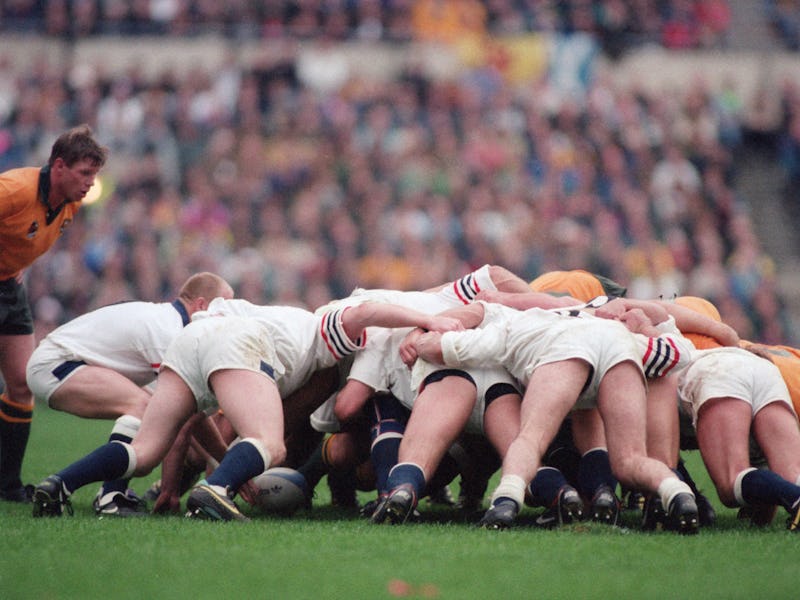Gawker's Union Vote Is a Win for the Future of Work
Writers and editors are thrashing out whether to organize.

The easiest and usually most accurate criticism of reporters and editors isn't that they're lazy or sloppy or corrupt. Rather, if they screw up a story, it's probably because they just really didn't know what they were talking about.
This, I suspect, is how the vote today at Gawker Media over whether to unionize will have its most lasting effect. In thrashing out (rather publicly) whether to become perhaps the first new media shop to organize, Gawker's writers and editors are compelling one another to do a deep-dive into labor concerns. Do your reading, form an opinion, tell the public, show your work. These are the basic elements of reporting — and now professionals are applying them with the rigor anyone would bring to their own wallets.
Gawker, Jezebel, Gizmodo, Deadspin and the other sites in the Gawker Media orbit are thus creating a generation of reporters who are going to be more sophisticated labor analysts and observers. Other media outlets have unionized workers: the Associated Press, the New York Times, the Washington Post, to pick some of the whales. But in recent memory none of them have so transparently dragged their battle into the public square — "Gawker Can't Shut Up About Secret-Ballot Union Vote," the semi-snarky American Spectator hed reads. (One editor there, fed up with the process, kvetched in a Google chat to me that the whole thing has become "a donkey show.") They'll know the results by 8 a.m. Thursday.
Pew has found that union membership in America has cratered in the past generation: only 11 percent of workers are union members, down by half from 1983. It's an old-fashioned notion, a blueprint that is being redrawn in the open air. And when it's over, dozens of journalists who were forced to think through the ramifications of how to organize work in the 21st century will bring their experience to every story they cover, for the rest of their careers. No matter the result of the vote, anyone who cares about the future of work stands to win after a small army of journalists just spent weeks figuring theirs out.